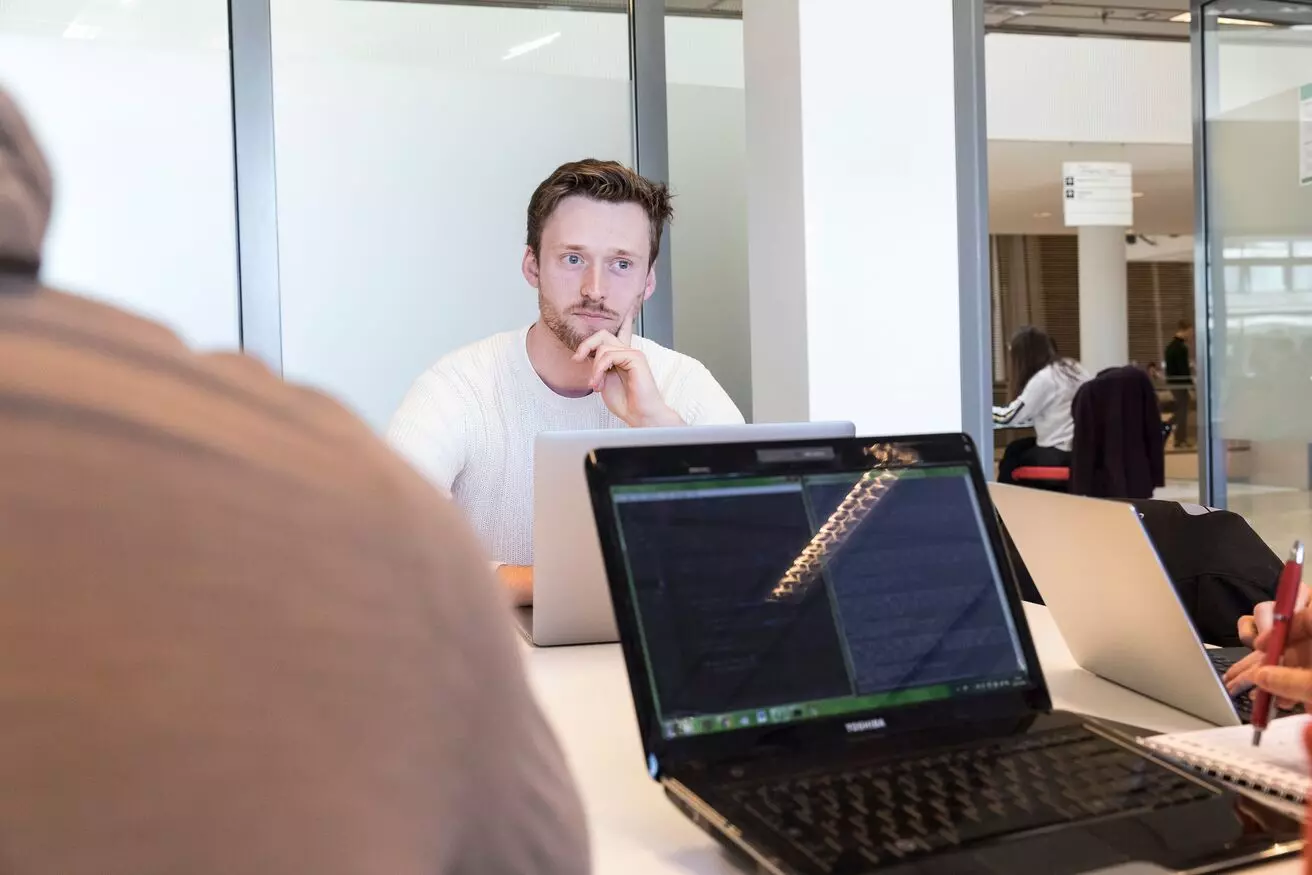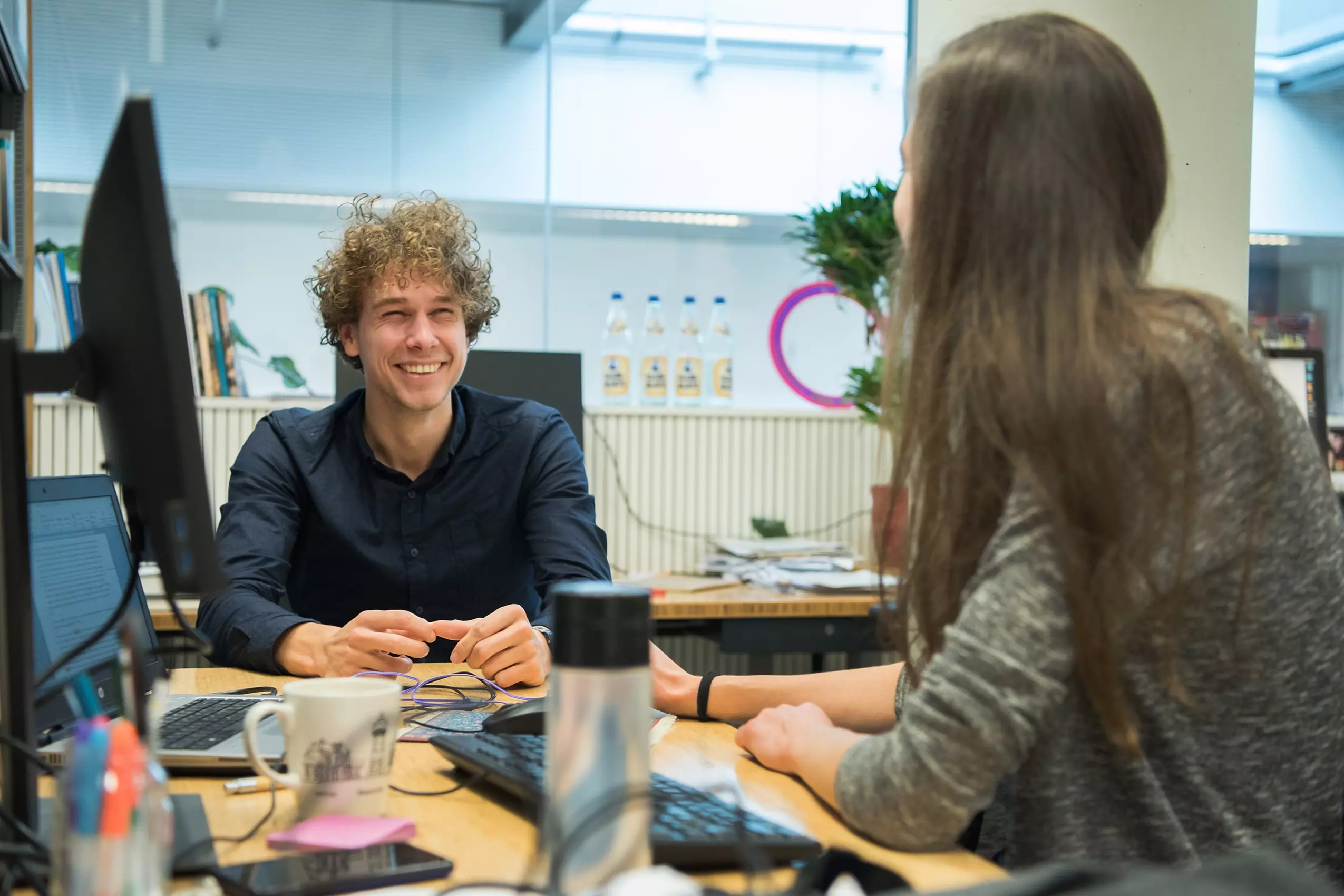Not found

More vacancies

PhD Position: Intrusive Memories as Transdiagnostic Driver of Mental Health Problems
- Faculty of Social and Behavioural Sciences
- €2.901 - €3.707
- Closes on06-06-2025
- Master's
- 30 - 38 hours
Memories of past events influence how we feel and act in the present, but how do they do that? The aim of this project is to critically test the role of intrusive memories in driving (dysfunctional) thoughts, urges and behaviours. The project is part of a large gravitation grant, New Science of Mental Disorders (NSMD).
View vacancy

PhD Position: Memories in Motion: From Emotional Events to Life Stories
- Faculty of Social and Behavioural Sciences
- €2.901 - €3.707
- Closes on13-06-2025
- Master's
- 30 - 38 hours
How do memories work together to create the stories of our lives? While we know a lot about the processing of single (emotional) events on the one hand, and autobiographical memory on the other, connecting these two fields is a challenge. This project is part of an NWO-funded (Vidi) project that aims to create a framework for autobiographical memory transformation.
View vacancy
.jpg)
PhD on Synthetic Microfibre (Microplastic) Interactions with Sediment Processes
- Faculty of Science
- €2.901 - €3.707
- Closes on31-05-2025
- Master's
- 38 hours
Are you concerned about the impacts of microplastic pollution on natural systems? Do you enjoy working in the laboratory and designing experiments to better understand the world around us? Join us for a 4-year PhD position to study the interactions of synthetic microfibres with freshwater sediments under different aquatic conditions mimicking current and future scenarios.
View vacancy
This website uses cookies
We, and third parties, use cookies on our website. We use cookies to ensure that our website functions properly, to store your preferences, to gain insight into visitor behavior, but also for marketing and social media purposes (showing personalized advertisements). By clicking 'Accept', you agree to the use of all cookies. In our Cookie Statement. you can read more about the cookies we use and save or change your preferences. By clicking 'Refuse' you only agree to the use of functional cookies.
